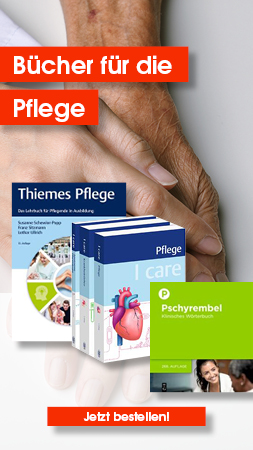Buch, Englisch, Format (B × H): 152 mm x 229 mm, Gewicht: 500 g
Theoretical basis and clinical approach
Buch, Englisch, Format (B × H): 152 mm x 229 mm, Gewicht: 500 g
ISBN: 978-0-443-29456-3
Verlag: Elsevier Science & Technology
Redox Signaling in Wound Healing in Elderly Populations: Theoretical Basis, Part 1 deals with wounds in different types and locations (diabetic, ischemic, post-operational) in subcellular and macro dimensions, examine their relationship with aging aim to target deteriorating redox signaling cascades, and will also focus on promising therapeutic approaches. Understanding the indication for the use of new therapeutics targeting the illuminated pathways in wound healing will help adjust treatment regimens befitting modern medicine. Ineffective redox adaptation and disseminated oxidative injury are the hallmarks of continuing oxidative stress. However, oxidative stress cannot be simply described as the imbalance between ROS formation and antioxidant defense capacity; it also covers impairment in redox sensing and signaling pathways. The term oxidative stress is an expression that is losing its use in modern redox biology. It is now an accepted fact that ROS cannot be described as an apparent enemy or friend. Its optimum level modulates signal transduction and stress responses by acting as a second messenger for redox-sensitive cascades. Redox-dependent second messengers are generated in subcellular locations according to specific rules and regulations. Their appearance depends on cellular needs in response to external and internal stimuli variations. A good understanding of the wound healing cascades, which deteriorate especially in advancing ages, is critical in developing the most appropriate approach. To understand the redox signaling mechanisms and healing cascades in wound healing, to pioneer new pharmacoactive drugs that can be developed based on these mechanisms, to reveal the deteriorating dynamics in the elderly patient group, and to propose new treatment methods suitable for the advanced age group.
Fachgebiete
- Medizin | Veterinärmedizin Medizin | Public Health | Pharmazie | Zahnmedizin Pflege Altenpflege
- Medizin | Veterinärmedizin Medizin | Public Health | Pharmazie | Zahnmedizin Chirurgie
- Medizin | Veterinärmedizin Medizin | Public Health | Pharmazie | Zahnmedizin Klinische und Innere Medizin Geriatrie, Gerontologie
Weitere Infos & Material
1. Redox signaling in regenerative medicine: Regulatory mechanisms and therapeutic implications
Ali M. Sharifi, M. Amin Sharifi and Tunku Kamarul
2. Age-related aspects of redox signaling cascades of wound healing
Golden Kumari, Monalisha Padhiary and Arttatrana Pal
3. Wound healing in the elderly: Role of Nrf2 in combating oxidative stress
Tetiana R. Dmytriv, Oleh Lushchak and Volodymyr I. Lushchak
4. Impact of senescence in impaired wound healing
Gabriel Méndez-Valdés, Catalina Rojas-Solé, José Lillo-Moya and Ramón Rodrigo
5. Role of immunosenescence in impaired wound healing with age
Izzet Altintas, Ove Andersen and Jan O. Nehlin
6. Targeting redox signaling pathway through integration of caloric restriction and wound healing process for enhanced repair
Prachi Agarwal, Shweta Verma and Abhishek Kumar Singh
7. CoQ10, more than an antioxidant in skin health and wound healing promotion
Juan Diego-Hernandez-Camacho and Guillermo López Lluch






